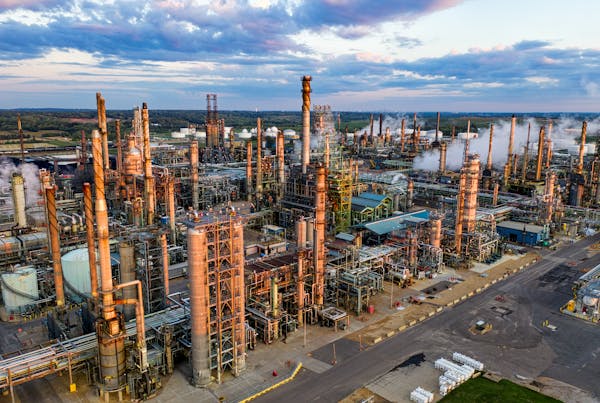 In the heart of Western Canada lies the province of Alberta, a land synonymous with vast prairies, rugged landscapes, and abundant natural resources. However, it’s the province’s rich oil culture that has left an indelible mark on its identity, shaping its economy, society, and collective consciousness. Let’s explore how the oil industry has influenced Alberta’s identity and become intertwined with its history and heritage.
In the heart of Western Canada lies the province of Alberta, a land synonymous with vast prairies, rugged landscapes, and abundant natural resources. However, it’s the province’s rich oil culture that has left an indelible mark on its identity, shaping its economy, society, and collective consciousness. Let’s explore how the oil industry has influenced Alberta’s identity and become intertwined with its history and heritage.
A Legacy of Prosperity:
Alberta’s oil industry has long been a pillar of its economy, driving growth, innovation, and prosperity. Since the discovery of oil in the early 20th century, the province has experienced periods of unprecedented economic expansion, attracting workers, investors, and businesses from around the world. The oil sands in northern Alberta, in particular, have become a focal point of extraction, producing vast quantities of crude oil and fueling economic growth on a massive scale.
The Oil Worker Ethos:
The oil industry has cultivated a distinct ethos among Albertans, particularly those who work directly in extraction, production, and refining. For many, working in the oil fields is more than just a job—it’s a way of life, characterized by hard work, resilience, and a deep sense of camaraderie. The oil worker ethos is marked by a strong work ethic, a willingness to overcome adversity, and a sense of pride in contributing to the province’s prosperity.
Environmental and Social Challenges:
Despite its economic benefits, Alberta’s oil industry has also faced its share of challenges, particularly in the realm of environmental stewardship and social responsibility. Concerns about pollution, habitat destruction, and carbon emissions have sparked debates about the long-term sustainability of oil extraction and its impact on the environment. Additionally, issues related to Indigenous rights, land use, and community well-being have highlighted the complex social dynamics at play in the province’s oil-rich regions.
Cultural Significance:
Oil culture has become deeply ingrained in Alberta’s cultural fabric, influencing everything from art and literature to politics and public discourse. The oil industry has inspired countless works of literature, film, and visual art, serving as both a source of inspiration and a subject of critique. It has also played a prominent role in shaping Alberta’s political landscape, with debates over energy policy, resource development, and environmental regulation often taking center stage in provincial and national politics.
Looking to the Future:
As the world grapples with the challenges of climate change and the transition to renewable energy, Alberta’s oil industry faces an uncertain future. While the province continues to rely heavily on oil and gas revenue, there is growing recognition of the need to diversify the economy and invest in sustainable industries. Initiatives aimed at promoting renewable energy, reducing carbon emissions, and fostering innovation are gaining momentum, signaling a shift towards a more balanced and sustainable future.
In conclusion, the impact of oil culture on Alberta’s identity is profound and multifaceted, shaping its economy, society, and collective consciousness in profound ways. While the oil industry has brought prosperity and opportunity to the province, it has also presented challenges and complexities that must be addressed. As Alberta looks to the future, it will need to navigate these challenges thoughtfully, embracing innovation, sustainability, and resilience as it continues to define its identity in the 21st century.